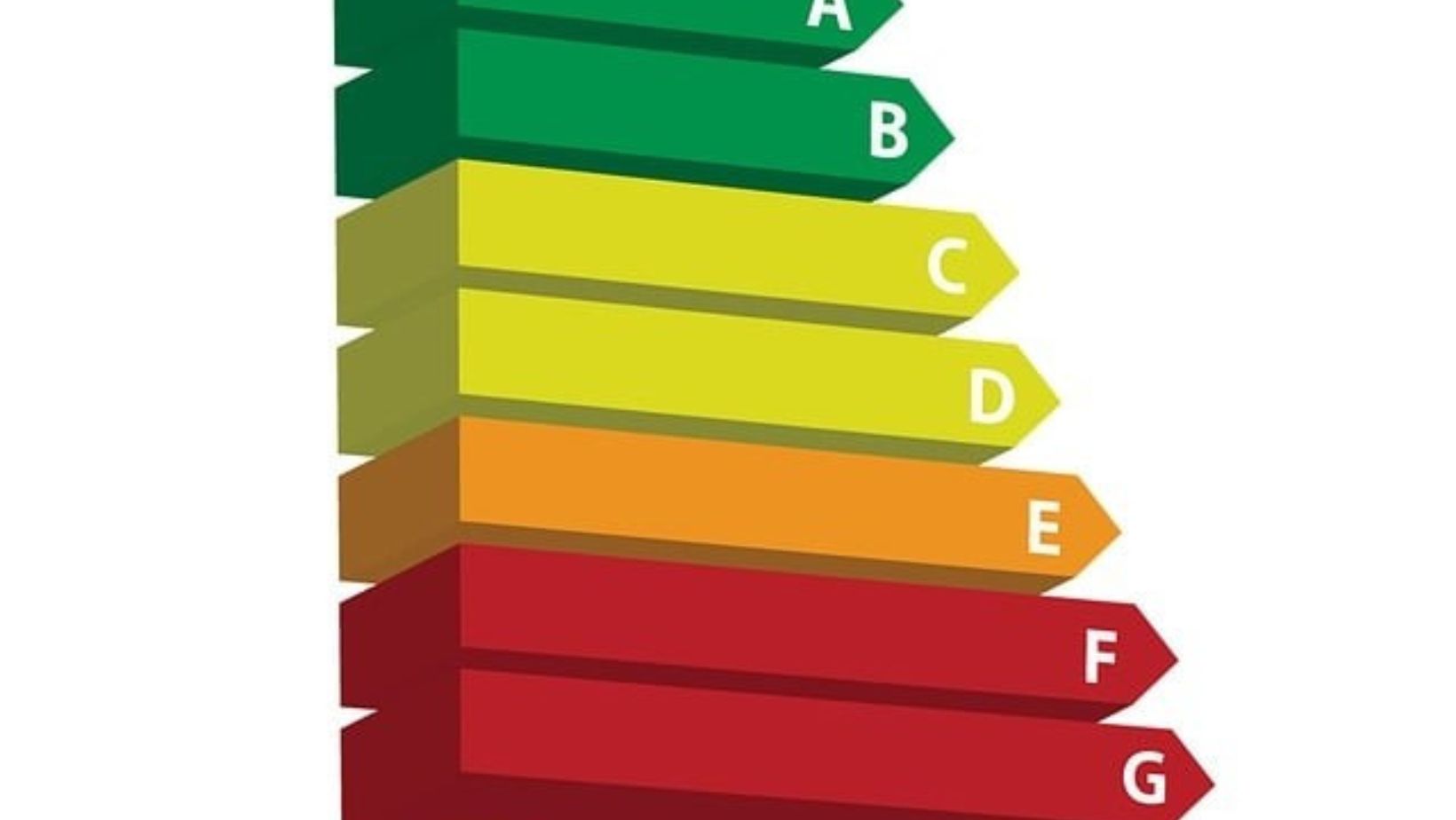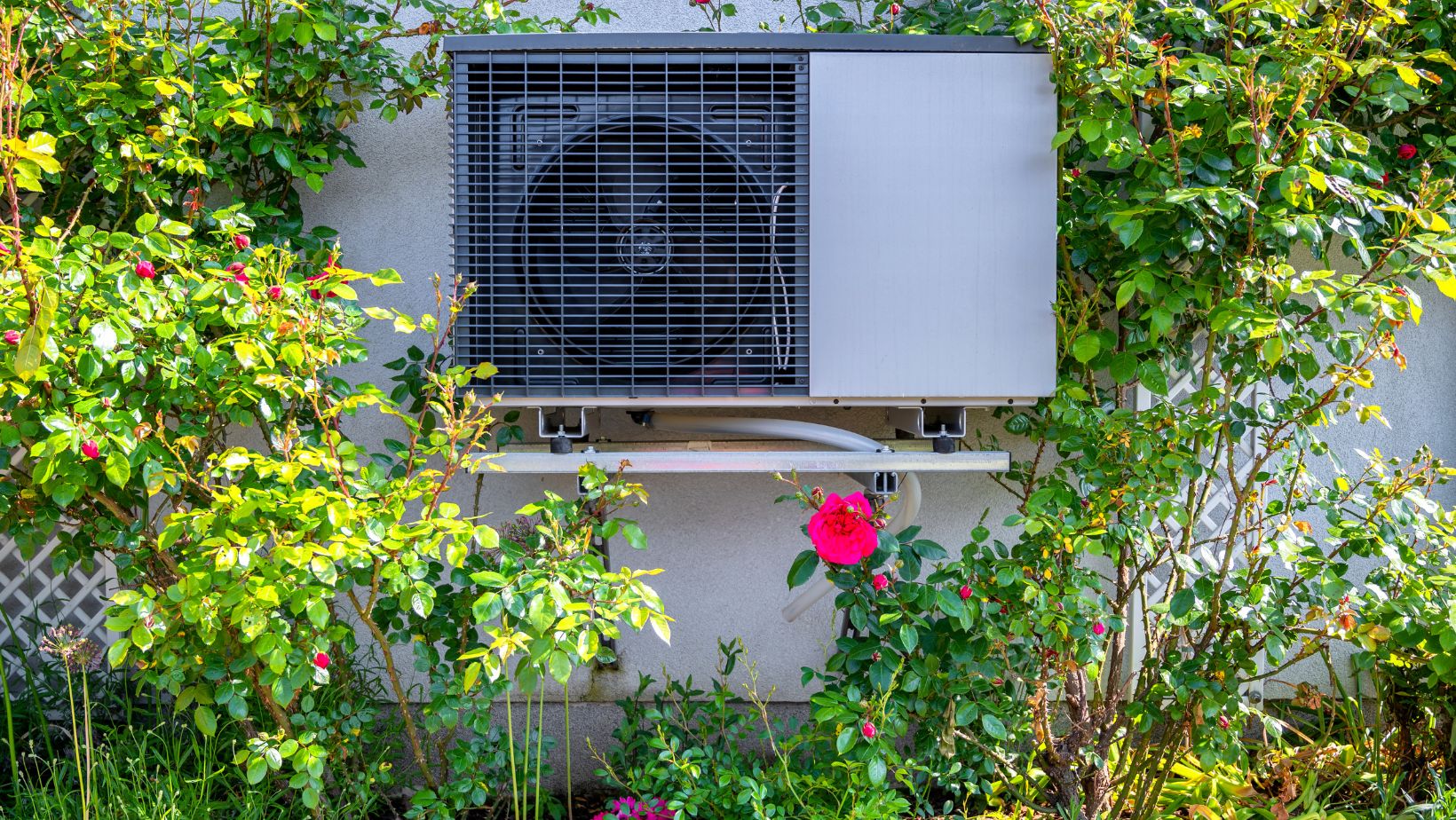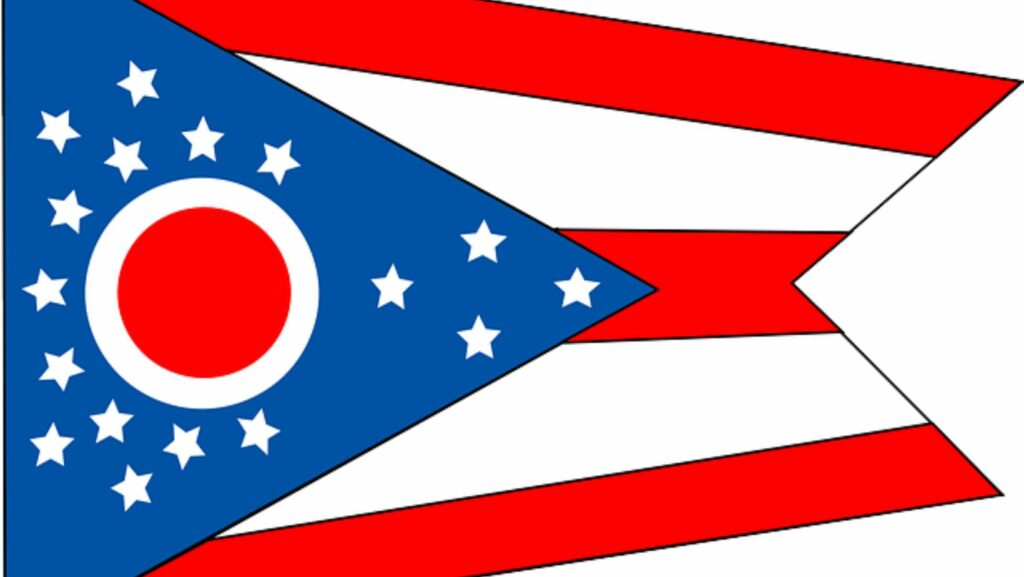Heat pumps are unique in that they don’t generate heat but instead move warm air from place to place. Even when the weather is cold, outdoor heat is pulled from the air to the inside using a refrigerant to absorb the heat. The opposite is true in the summer; the indoor heat is pushed to the outside. 
Considering that the heat pump is not generating heat but rather absorbing it, these systems are highly energy efficient. In the distant past, the equipment struggled for efficiency when the cold temperatures became extreme, continued innovations have improved this.
Still, Cincinnati homeowners should refrain from pushing a heat pump beyond its capabilities to prevent premature wear of the components; this can lead to a shortened lifespan.
Troubleshooting For Optimum Heat Pump Efficiency
Heat pumps offer an energy-efficient and reliable heating and cooling solution for residents in Cincinnati.
Upon initial installation, professional heat pump contractors not only instruct on proper usage for optimum results but also let homeowners know the challenges they may face and offer guidance on preventive and proactive measures to reduce the likelihood.
As a homeowner, becoming familiar with these potential issues allows you to reach out for affordable heat pump repair services when the unit needs professional attention. Here are a few challenges you may encounter with your heat pump system.
Ice on the outdoor unit
In a cold climate with the potential for snow and sleet storms, ice can accumulate on the heat pump. This can lead to problems when there’s an excessive buildup with the unit becoming less efficient, risking damage to the equipment.
Precautionary measures should be followed to preserve the system throughout the year; however, in the winter this is especially critical. A heat pump is designed to melt any accumulated ice via defrost cycles. When the buildup becomes problematic, it can indicate poor cycling.
Another issue can be that the heat pump unit needs to be cleared of dirt and debris to maintain adequate airflow. When the airflow is hindered, ice will start to form.
In the same vein, excessive ice on the equipment can result from low refrigerant levels. A professional inspection will detect potential leaks and other defects that can then be corrected.
Noisy operation
All heating solutions, including these systems, naturally generate noise when running.
You want to pay attention to the typical sound so unusual sounds can be detected and you can troubleshoot what could be causing them. Visit How to Troubleshoot a Heat Pump: Tips and Guidelines | HowStuffWorks – for tips on troubleshooting heat pump issues. These are some common noises that indicate issues with the unit.
- Gurgling/hissing: A refrigerant leak can produce this noise, which will need immediate repair and the unit recharged.
- Screeching/grinding: Motor-related problems such as the bearings can lead to these noises. Motor issues should be addressed promptly by an expert.
- Vibrating: The system will usually vibrate or rattle if there’s dirt or debris inside the unit or loose or broken parts. With consistent preventive maintenance from a skilled technician, broken or loose parts are replaced to avoid this problem.
The system doesn’t turn on
Various issues, some simple, can lead to the system not functioning. Troubleshooting for the cause can help to avoid an unnecessary service call if the problem is an easy fix, such as changing batteries in the thermostat.
- Circuit breakers: The heat pump won’t function when the circuit breaker trips. This is one of the first things to check before contacting a service provider.
- Thermostat: Another potentially simple problem can be an improperly set thermostat. Check to ensure the mode is set to heat or cool as appropriate and adjusted to the preferred temperature.
- Electrical: When easy fixes are ruled out but the problem persists, electrical components like the contactor or capacitor could be faulty and should be inspected for adequate repair by a qualified heating contractor.
Inefficient heating/cooling
One of the most common issues homeowners encounter with their heat pumps is inefficient heating or cooling. Inadequate heat transfer or poor airflow can impact the performance. Read here about home heating mistakes that consume energy, leading to higher costs. A few things can make the unit less efficient.
- Refrigerant: A low refrigerant level causes the system to transfer heat ineffectively, leading to inefficient heating or cooling.
- Air filter: When air filters are dirty or become clogged, it restricts airflow, affecting the overall performance. Filters should be checked routinely and changed between one and three months, depending on your lifestyle and where you live.
- Blockage: The outdoor unit must be free of ice, snow, and other debris to draw in air and release heat adequately. When obstacles are eliminated promptly, the unit can function efficiently.
Final Thought
Cincinnati residents can maintain optimum energy efficiency when aware of the challenges a heat pump can potentially present. Prompt troubleshooting will allow either a quick and simple fix or an immediate service call with a professional heat pump expert.

